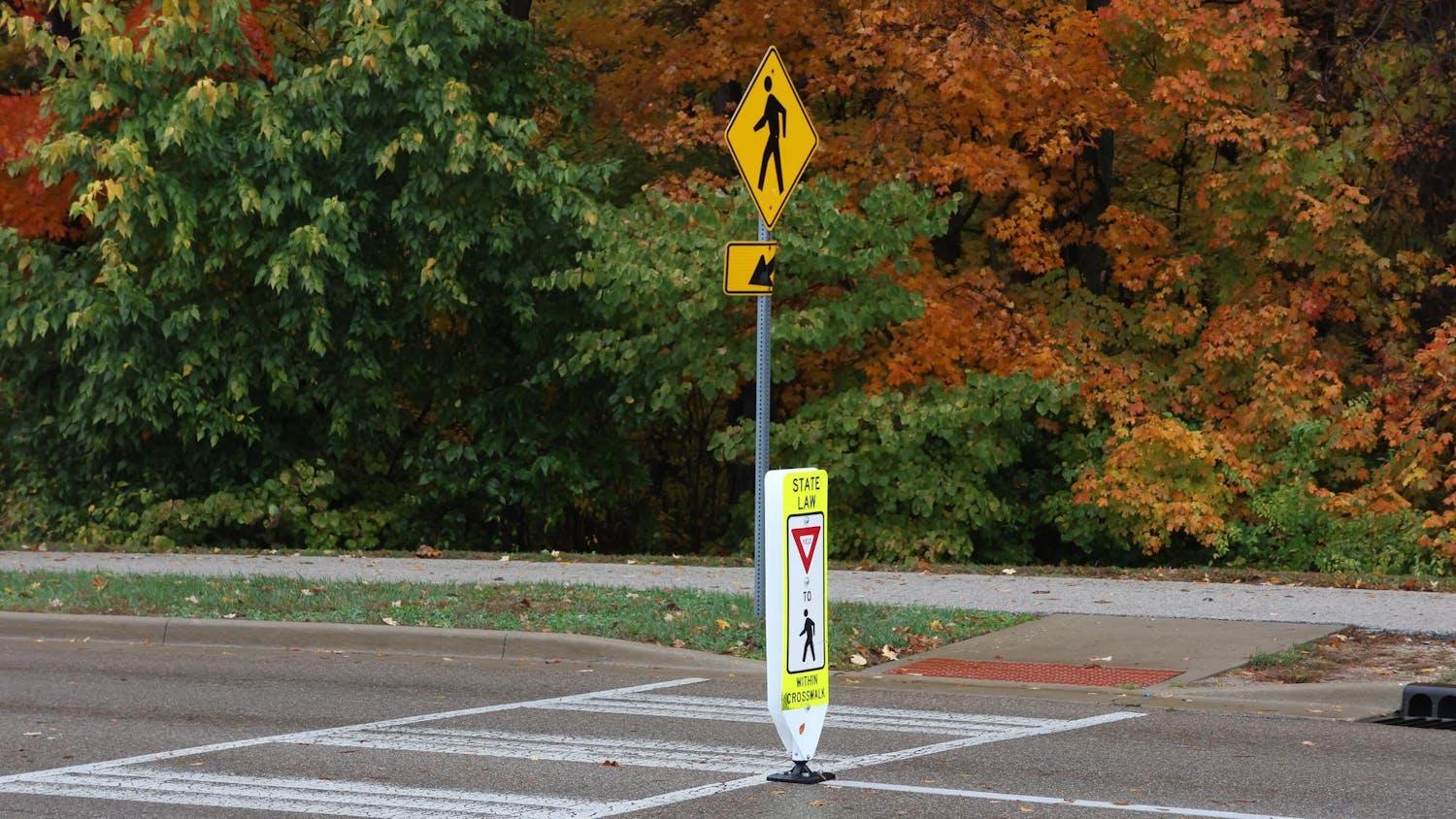KOENIGSWINTER, Germany -- When Afghan delegates and U.N. mediators begin talks Tuesday at a secluded hotel overlooking the Rhine River, it will not be the first time the course of history is negotiated at the former government guest house. \nIn 1938, British Prime Minister Neville Chamberlain stayed in the stately Petersberg mansion, when he met with Adolf Hitler to try to avert World War II. In 1999, Western countries and Russia negotiated the terms of Yugoslavia's surrender following the NATO bombing campaign that year. \nNow, the future of Afghanistan is at stake in the most concerted effort to bring peace to the country in the last two decades. Secluded at Petersberg will be 32 Afghan delegates, 22 who will sit in the talks and 10 advisers, representing the northern alliance and three exile Afghan groups. The talks, which will be led by the United Nations, are expected to go on for days, and possibly weeks. \n"The people of Afghanistan desperately need peace to rebuild the country," Ahmad Fawzi, a U.N. spokesman for the talks, said in Koenigswinter. "I think by agreeing to come the parties have made a good start." \nThe delegates will spend the duration of the talks at Petersberg, perched on a hilltop above the former German capital of Bonn, and reached by a single road. The location was chosen not only for security reasons, but also to remove the delegations from what Fawzi called "daily pressures," a move the United Nations hopes will give the delegations perspective to reach a consensus. \n"It's a very simple agenda really," Fawzi said. "We're talking about the possibility to form a transitional administration for Afghanistan, as soon as possible because speed is of the essence in view of the situation on the ground." \nGerman Foreign Minister Joschka Fischer will greet the four delegations when the conference opens on Tuesday. At that point, German officials will step into the background, while the delegates and advisers seek consensus on what the United Nations hopes will be the first agreements defining Afghanistan's political future. \nGerman officials emphasize their role is as host, not facilitator. Other interested nations, notably the United States, Russia, and the United Kingdom, also will observe from the corridors. \nSparing no effort to make the delegates feel comfortable, German officials have set up three prayer rooms, for Sunni and Shiite Muslims, as well as for female worshippers, and have ordered evening buffets of chicken and rice dishes with dried fruit to break the daily Ramadan fast. \nThere are limits to what will be accommodated: Delegates must check any weapons before entering the talks. \nGermany emerged as the host of what many experts expect will be difficult, even contentious talks, due to its long-standing cultural and political ties with Afghanistan and its image as a neutral party. \nBerlin quietly hosted four meetings over the last two years of Afghan parties and interested nations, including the United States and Pakistan, demonstrating its ability to create a relaxed atmosphere for difficult discussions. The last set of the talks was held in July, a Foreign Ministry official said. \nBut cultural ties are much older, extending to the early 20th century, and including the founding of a German secondary school in Kabul attended by the Afghan elite. The two countries maintained friendly relations throughout the last century and changing governments in both countries, helped by the fact Germany had no interests in the region, said Citha Maass of the Foundation for Science and Politics in Berlin. \nDuring the last two decades of fighting in Afghanistan, Maass said Germany maintained relations with all the warring factions. Today, it is home to some 80,000 Afghan exiles, the largest community in Europe. \nMore recently, Germany has taken a lead role organizing international aid to Afghanistan. \n"Germany is one of the few powers that can be taken seriously by all sides," said Almut Wieland-Karimi of the Friedrich Ebert Foundation in Berlin. "The Americans and Brits disqualified themselves, if not before, finally with the military action."\nThe U.N. spokesman, Ahmad Fawzi, said the United Nations was imposing no conditions on the Afghans. \n"It's their choice. They know what the international community has to offer," Fawzi said. "Without peace there will be no development. Without peace there will be no investment." \nIf the talks succeed, Afghanistan could have its first stable government since the 1970s, and the international community is poised to offer hundreds of millions, perhaps billions, of dollars to a bankrupt nation in desperate need of reconstruction. \n"This is a golden opportunity for Afghanistan," Fawzi said.
Germany plays host to Afghan peace talks
Get stories like this in your inbox
Subscribe



